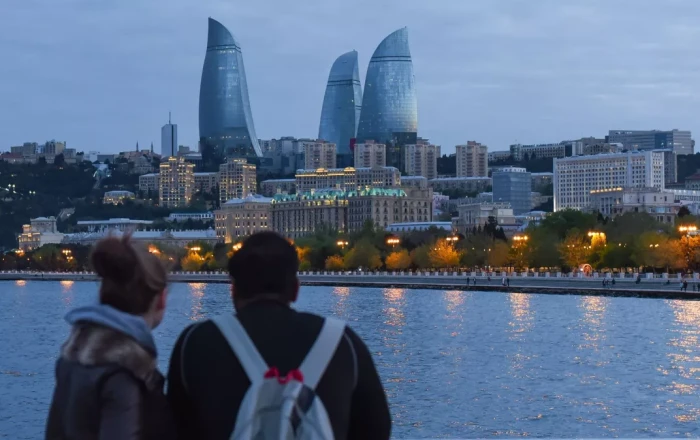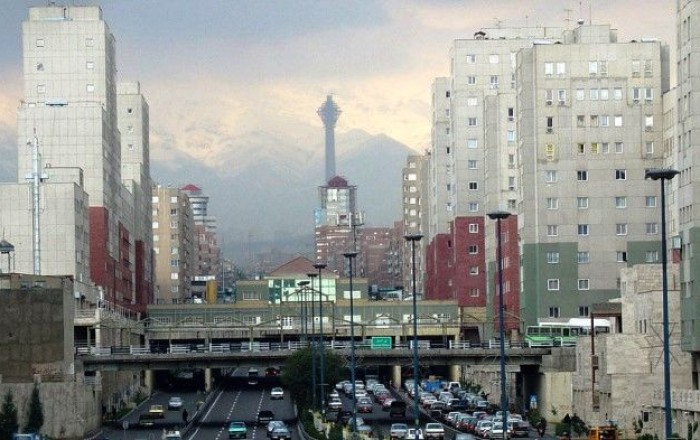Millions of tourists visit Egypt each year to marvel at the iconic Pyramids of Giza, one of the world’s most famous ancient landmarks. However, many leave with negative memories, as the site has long been plagued by poor management, aggressive vendors, and reports of animal abuse.
In response, Egypt is taking steps to revamp the Pyramids of Giza, though the process has had a rocky start. The government’s newly unveiled plan aims to improve the site’s management and regulations. As reported by an Euronews article, the initiative is led by Orascom Pyramids Entertainment Services and is expected to cost $51 million.
A new access point on the Fayoum Highway has been tested, replacing the congested historic entrance near the Marriott Mena House. However, the trial faced resistance from horse and camel tour operators, who blocked the access in protest against being moved to new, more distant parking areas. They argue that the relocation will harm their businesses. These vendors have long been accused of harassment and extortion towards visitors.
Businessman Naguib Sawiris, founder of Orascom Telecom, stated on X that vendors refusing to relocate would be banned. “The well-being of the public and preservation of this treasure is far more important than catering to the interests of 2,000 individuals who have caused harm to the country for years,” he wrote.
The revamp also includes the introduction of eco-friendly electric vehicles to transport visitors around the site. While this transition is meant to promote sustainability, some tourists have complained on social media about long waits and walking in the heat. Orascom responded by confirming that 45 electric buses are available, running every five minutes.
Additionally, the project will see the restoration of several tombs, the implementation of online ticketing, and the creation of a new visitor center.
Some hope that relocating the tour vendors will help address the animal cruelty reported at the site. A recent investigation by PETA revealed evidence of routine abuse, including horses and camels being punched, whipped, and starved. PETA also documented animals being discarded like trash after dying from overwork.
“Animals are literally ridden to death and then dumped outside the gate,” said PETA’s Jason Baker. “The Pyramids of Giza should represent Egypt's beauty and history, not unchecked animal cruelty.” PETA is urging tourists to avoid using animal tour services at the site.
By Nazrin Sadigova
Source: caliber.az












